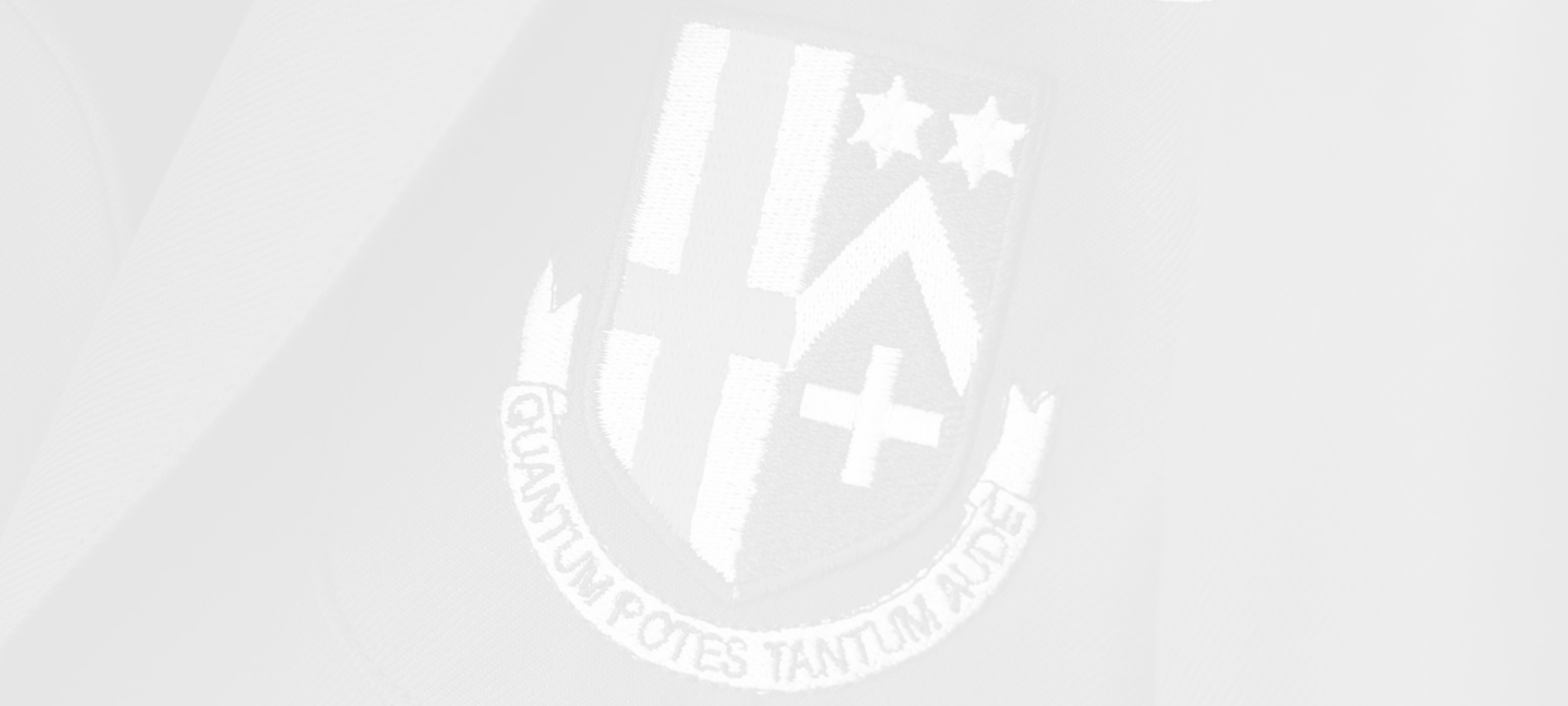
Biology
Biology is the most powerful technology ever created. DNA is software, proteins are hardware and the cells are factories. Genetic analysis is showing that life is much more complex, which means the future of biology is much more interesting than anyone had dared to hope.
Key Stage 3 (Years 7-9)
We aim to promote an interest in life sciences, using up-to-date teaching strategies and the best possible facilities. Each year at Key Stage 3, a term is devoted to studying biology, expanding notions of science learnt at Key Stage 2 as well as introducing new knowledge. In Year 7, students learn about cells, their reproduction, adaptation and variation, inheritance and selection. In Year 8, students discover microbes and diseases, plants and photosynthesis, ecological relationships, digestion, respiration and keeping fit. The aim is also for students to acquire key practical skills and terminology that is then developed further at Key Stage 4.

GCSE (Years 10 & 11)
Examination Board: AQA
In Year 9, every pupil studies biology in preparation for his or her GCSEs. In Years 10 and 11, students are placed in two sets. One group will prepare for the biology GCSE whilst the second group will work towards the combined science double GCSE.
The range of topics is varied, increasing knowledge and passion for biology. It includes keeping healthy, nerves and hormones, interdependence and adaptation, energy and biomass, genetic variation, evolution, cells and simple cell transport and cell division. During the course, Key Stage 4 students further develop their investigative and analytical skills, trying to expand models that explain processes around us.

Useful Links:
"Biologists must constantly keep in mind that what they see was not designed, but rather evolved." - FRANCIS CRICK


